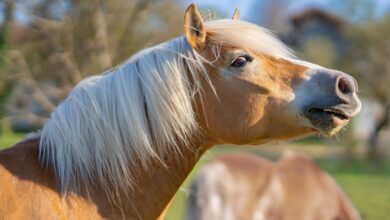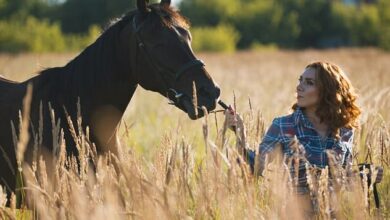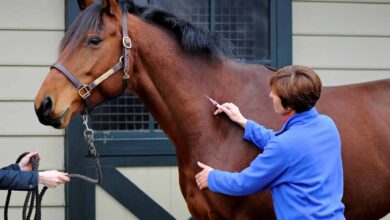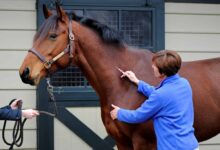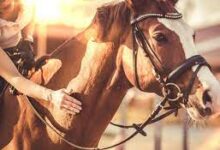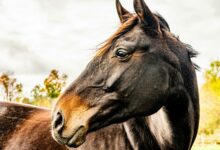by Al Badia
Did you know that horses are more likely to develop vices if they are kept in highly controlled environments?
Vices are behaviors that are performed out of boredom or frustration. Horses can become bored when they aren’t given enough time to move around, exercise, or socialize. A bored horse might start chewing on fences or stall walls, or even kick holes in them.
When a horse is frustrated, it might bite itself, throw its head up and down, paw at things like dirt or feed buckets—anything to get rid of the frustration.
This is why it’s so important to make sure your horse has plenty of time outside in a pasture where it can move around freely. There’s nothing better for an animal than being able to see its friends and enjoy a natural environment!
In most cases, horses are released from their stalls for only a few hours a day. This can lead them to develop behavior problems such as cribbing, weaving, stall walking and tail chewing. Allowing your horse turnout and exercise can provide a more natural environment for your horse.
The best way to prevent these issues is by keeping horses in herds, not alone. Horses are social animals and need the company of other horses in order to maintain good mental health.
Horses are herbivores by nature, so feeding them a diet based on grasses or hay can help keep them calmer than feeding grain-based diets that cause tension and anxiety because they contain carbohydrates that aren’t compatible with their digestive systems.
Finally, positive training methods like clicker training help reinforce good behaviors while discouraging bad ones by rewarding good behavior rather than punishing bad behavior.


